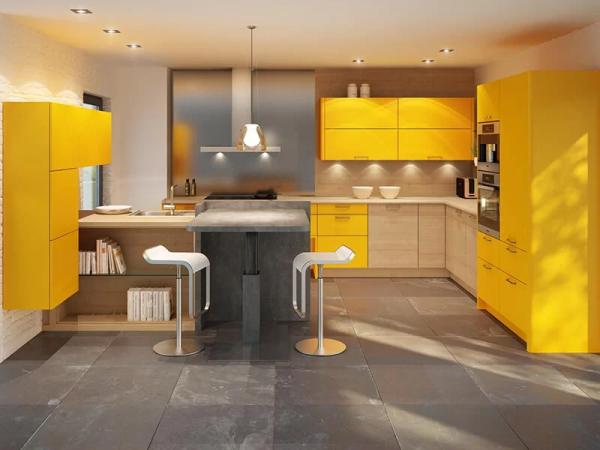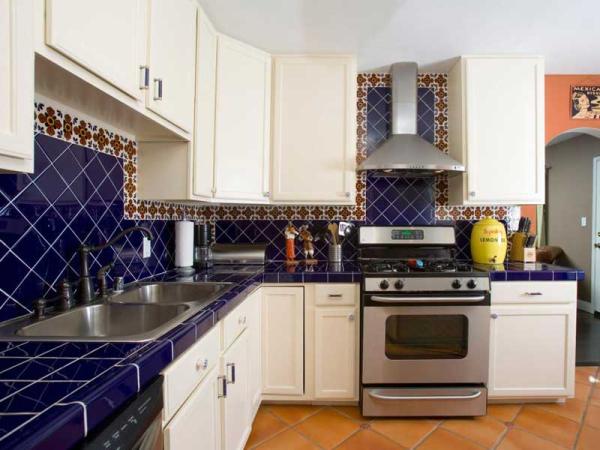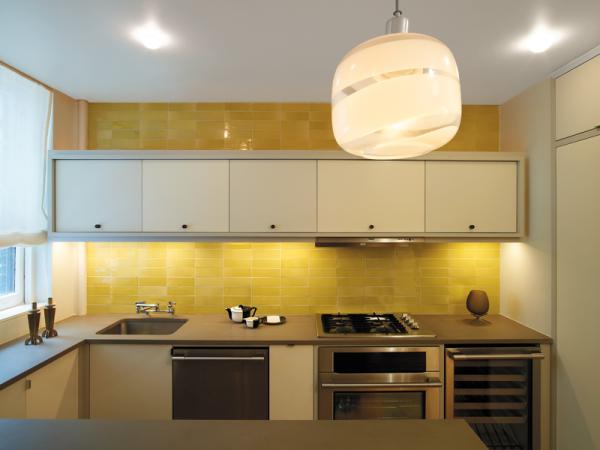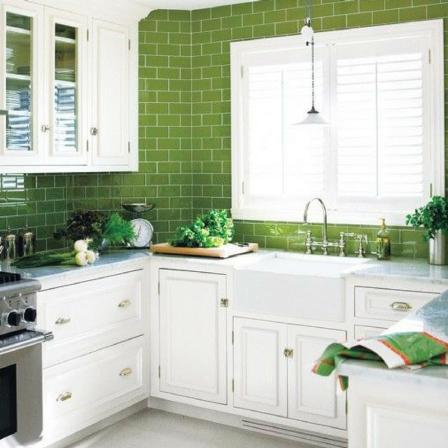Choosing the right flooring for your home or business can be a challenging decision. As two popular choices, floor tiles and vinyl offer an array of benefits and aesthetic appeal. This article aims to provide an in-depth comparison, helping you make an informed decision when considering floor tiles vs vinyl. 1. Durability and Longevity: Floor tiles are renowned for their durability and longevity. Made from ceramic, porcelain, or natural stone materials, they can withstand heavy foot traffic and remain resilient against scratches, dents, and stains. With proper maintenance, floor tiles can last for decades, making them an excellent long-term investment. On the other hand, vinyl flooring is also known for its durability. It is typically made from multiple layers of synthetic materials, including PVC, which enhances its strength and resistance to wear and tear. While not as long-lasting as floor tiles, vinyl flooring can still provide a lifespan of 10 to 20 years, depending on the quality. 2. Aesthetics and Design Options: When it comes to design options, both floor tiles and vinyl flooring offer a wide range of choices to suit various preferences and styles. Floor tiles, especially ceramic and porcelain, showcase an extensive selection of patterns, colors, shapes, and textures.

.
 This versatility allows homeowners to achieve a timeless look or create a modern, trendy design. Additionally, natural stone tiles provide a unique, elegant appearance that adds character and sophistication to any space. Vinyl flooring, on the other hand, provides endless design possibilities. It can mimic the appearance of natural materials such as hardwood, stone, or tile, giving you the look you desire at a fraction of the cost. Vinyl also comes in a variety of patterns, colors, and textures, allowing you to customize your flooring to match your personal style. 3. Installation and Maintenance: Floor tiles require professional installation due to their weight and complexity. The process involves careful measurement, cutting, and adhesive application. Grout, which fills the gaps between tiles, should be regularly maintained to prevent discoloration and moisture issues. While the installation process may be more time-consuming and costly, the end result is a solid and visually appealing floor. On the other hand, vinyl flooring offers relatively easier and more cost-effective installation.
This versatility allows homeowners to achieve a timeless look or create a modern, trendy design. Additionally, natural stone tiles provide a unique, elegant appearance that adds character and sophistication to any space. Vinyl flooring, on the other hand, provides endless design possibilities. It can mimic the appearance of natural materials such as hardwood, stone, or tile, giving you the look you desire at a fraction of the cost. Vinyl also comes in a variety of patterns, colors, and textures, allowing you to customize your flooring to match your personal style. 3. Installation and Maintenance: Floor tiles require professional installation due to their weight and complexity. The process involves careful measurement, cutting, and adhesive application. Grout, which fills the gaps between tiles, should be regularly maintained to prevent discoloration and moisture issues. While the installation process may be more time-consuming and costly, the end result is a solid and visually appealing floor. On the other hand, vinyl flooring offers relatively easier and more cost-effective installation.
..
 With interlocking or adhesive options, homeowners can often install vinyl themselves. Vinyl also requires minimal maintenance, as it is resistant to stains, scratches, and water. Regular sweeping and occasional mopping are usually sufficient to keep vinyl floors clean and looking their best. 4. Cost Considerations: When considering the cost, both floor tiles and vinyl flooring have different price ranges. Floor tiles, particularly those made from ceramic or porcelain, can be more expensive upfront due to their high-quality materials and installation requirements. However, their longevity and durability offset this initial investment, making them cost-effective in the long run. Vinyl flooring, on the other hand, is generally more affordable, both in terms of material and installation costs. While higher-end vinyl products may be pricier, they are still more budget-friendly compared to ceramic or porcelain tiles.
With interlocking or adhesive options, homeowners can often install vinyl themselves. Vinyl also requires minimal maintenance, as it is resistant to stains, scratches, and water. Regular sweeping and occasional mopping are usually sufficient to keep vinyl floors clean and looking their best. 4. Cost Considerations: When considering the cost, both floor tiles and vinyl flooring have different price ranges. Floor tiles, particularly those made from ceramic or porcelain, can be more expensive upfront due to their high-quality materials and installation requirements. However, their longevity and durability offset this initial investment, making them cost-effective in the long run. Vinyl flooring, on the other hand, is generally more affordable, both in terms of material and installation costs. While higher-end vinyl products may be pricier, they are still more budget-friendly compared to ceramic or porcelain tiles.
…
 Keep in mind that cheaper vinyl options may not have the same durability as their higher-priced counterparts. Conclusion: In the flooring world, the choice between floor tiles and vinyl ultimately depends on several factors, including personal preference, budget, durability requirements, and design considerations. Both options offer their own set of advantages and unique aesthetics. Floor tiles are renowned for their durability and timeless elegance, while vinyl flooring provides versatility and affordability. By considering the aspects of durability, design, installation, maintenance, and cost, you can make a well-informed decision when deciding between floor tiles vs vinyl for your next flooring project.
Keep in mind that cheaper vinyl options may not have the same durability as their higher-priced counterparts. Conclusion: In the flooring world, the choice between floor tiles and vinyl ultimately depends on several factors, including personal preference, budget, durability requirements, and design considerations. Both options offer their own set of advantages and unique aesthetics. Floor tiles are renowned for their durability and timeless elegance, while vinyl flooring provides versatility and affordability. By considering the aspects of durability, design, installation, maintenance, and cost, you can make a well-informed decision when deciding between floor tiles vs vinyl for your next flooring project.



